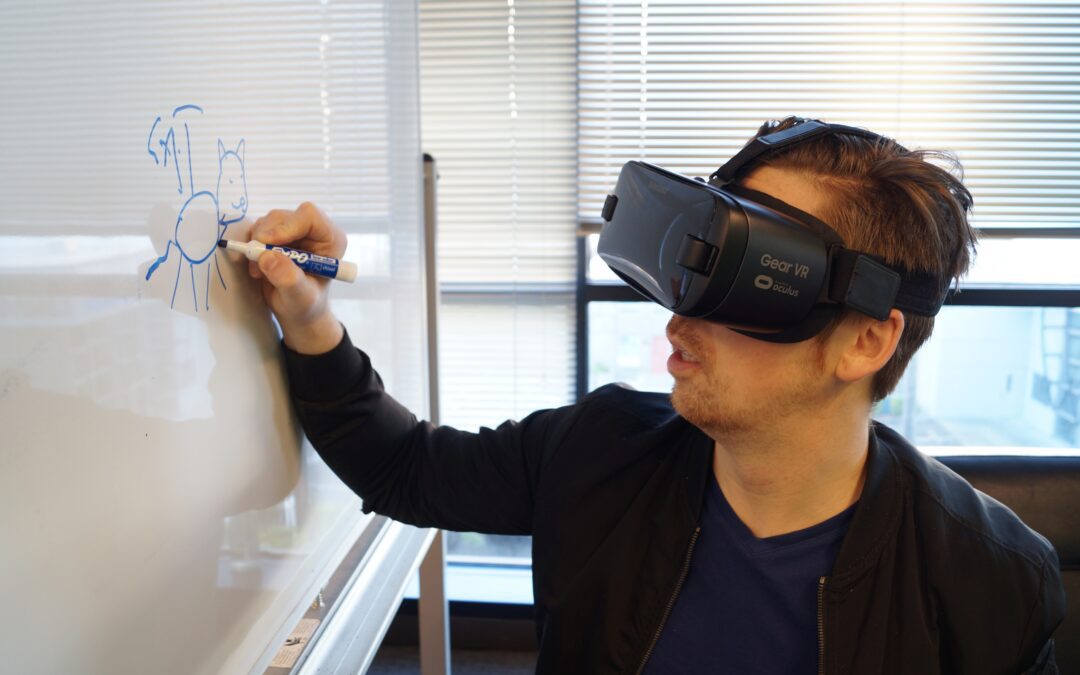What Is It All About?
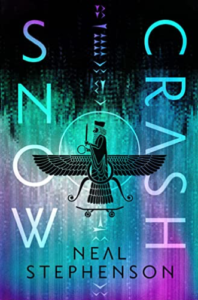
Figure 1: Science fiction Snow Crash.
Source: From Stephenson’s Snow Crash (2003)
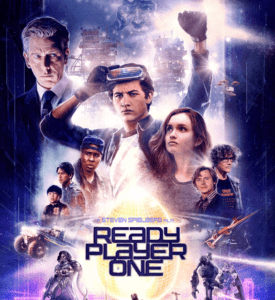
Figure 2: The film of metaverse concept
Source: From the movie Ready Player One (2018)
‘Metaverse’ is a virtual-reality space in which users can interact with a computer- generated environment and other users. It was portrayed in the science fiction Snow Crash (Figure 1) and the movie Ready Player One (Figure2). The concept of metaverse became popular in 2021. All activities being occurred in the metaverse take place in isolated environments, which means they do not exert any impact on the physical environment. In the context of tourism industry, ‘metaverse tourism’ enables tourists access to almost any location, personalized guest experiences and enhanced entertainment. Indeed, travel in the metaverse will not replace the physical tourism. However, immersive experiences have been improving travel and hospitality experiences and given the birth of a new way of tourism – ‘traveling in the metaverse’ which has no impact on the environment.
Metaverse and Sustainable Tourism
In 2021, world tourism showed significant recovery from the COVID-19 pandemic. According to the World Tourism Economy Trends Report (2022) released by the World Tourism Cities Federation, a total of 6.6 billion global tourist trips have been made in 2021, and the total world tourism revenue reached $3.3 trillion, showing a recovery of 53.7 percent and 55.9 percent of 2019 levels respectively. These two indicators are projected to return to 68.8% and 67.8% of pre-pandemic levels, respectively, by 2022. The report also points out the importance of sustainable tourism under the current economy and environmental status. According to the definition of the Global Tourism Council, sustainable tourism refers to “sustainable practices in and by the tourism industry. It is an aspiration to acknowledge all impacts of tourism, both positive and negative. It aims to minimize the negative impacts and maximize the positive ones.” As we know, the tourism industry has brought countless damage to the environment. For example, the transport of tourists results in air pollution, noise pollution, overuse of water, and even climate change. With the increasing concern towards the environment as well as the establishment of the UN’s Sustainable Development Goals, the concepts like ecotourism, sustainable tourism, and green tourism received significant attention by scholars, practitioners and policy makers. In this regard, metaverse tourism may contribute significantly to reduce the negative impact of tourism activities on the environment. For instance, the natural environment will not be threatened under the development of metaverse tourism scenic spots. Moreover, tourists will not contribute to the air pollution, water pollution, noise pollution, and plastic pollution during their travel.
In Epitome…
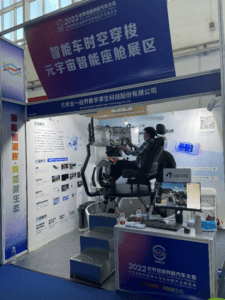
Figure 3: A metaverse project in the exhibition
Source: Personal photography
The metaverse tourism scenic spot can be reused easily and updated without any pollution. The tourist scenic spots can take advantage of their features to build their metaverse tourism area (Figure 3).It not only will attract tourists and make revenue but also enables zero impact on the environment and protect the resources of the scenic spots. In a way, ‘metaverse tourism’ can be regarded as a sustainable practice in the tourism industry. In recent years, many countries in the world are combining metaverse and tourism. For example, in China, the world’s first metaverse project based on the historical and cultural background of the Tang Dynasty has been opened to the public (Figure 4). Tourists not only enjoy the scenery of the Tang Dynasty but also interact with friends and buy things. Disney also has also adopted the metaverse strategy. Over the next few years, visitors can experience the metaverse in and around the park.
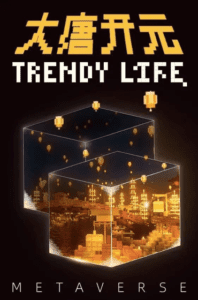
Figure 4: Tang Dynasty·Kaiyuan Metaverse Project
Source: From the Tencent News (2021)
For now, the metaverse technologies are still in the early stage. In the future, we can expect ‘metaverse tourism’ can be a major way to attain sustainable tourism and can significantly decrease the environmental damages caused by human tourism activities.
References
Spielberg, S. (2018). Ready Player One. Warner Bros., Amblin Entertainment, Village Roadshow Pictures. Available at: https://www.imdb.com/title/tt1677720/?ref_=tt_mv_close [Accessed on 5 December, 2022]
Stephenson, N. (2003). Snow Crash. Spectra. Available at: https://www.amazon.com/Snow-Crash-Novel-Neal-Stephenson-ebook/dp/B000FBJCJE/ref=sr_1_1?crid=LTVL84ZGBWTA&keywords=snow+crash&qid=1670159924&s=digital-text&sprefix=snow+crash+%2Cdigital-text%2C326&sr=1-1 [Accessed on 5 December, 2022]
Tencent News. (2021). Great Tang All Day Mall to create the world’s first Tang Dynasty·Kaiyuan Metaverse Project. Available at: https://new.qq.com/rain/a/20211117a042mv00 [Accessed on 5 December, 2022]

About the authors:
Associate Professor Dr Farzana Quoquab is a research expert in consumer behaviour, green and sustainability marketing and services marketing. She holds a DBA from Universiti Kebangsaan Malaysia (UKM). For more information about her research and publication, visit https://business.utm.my/farzana_intro
Zhang Jiale is a doctoral student at Azman Hashim International Business School, UTM, KL. His research focus is tourism marketing and green marketing

